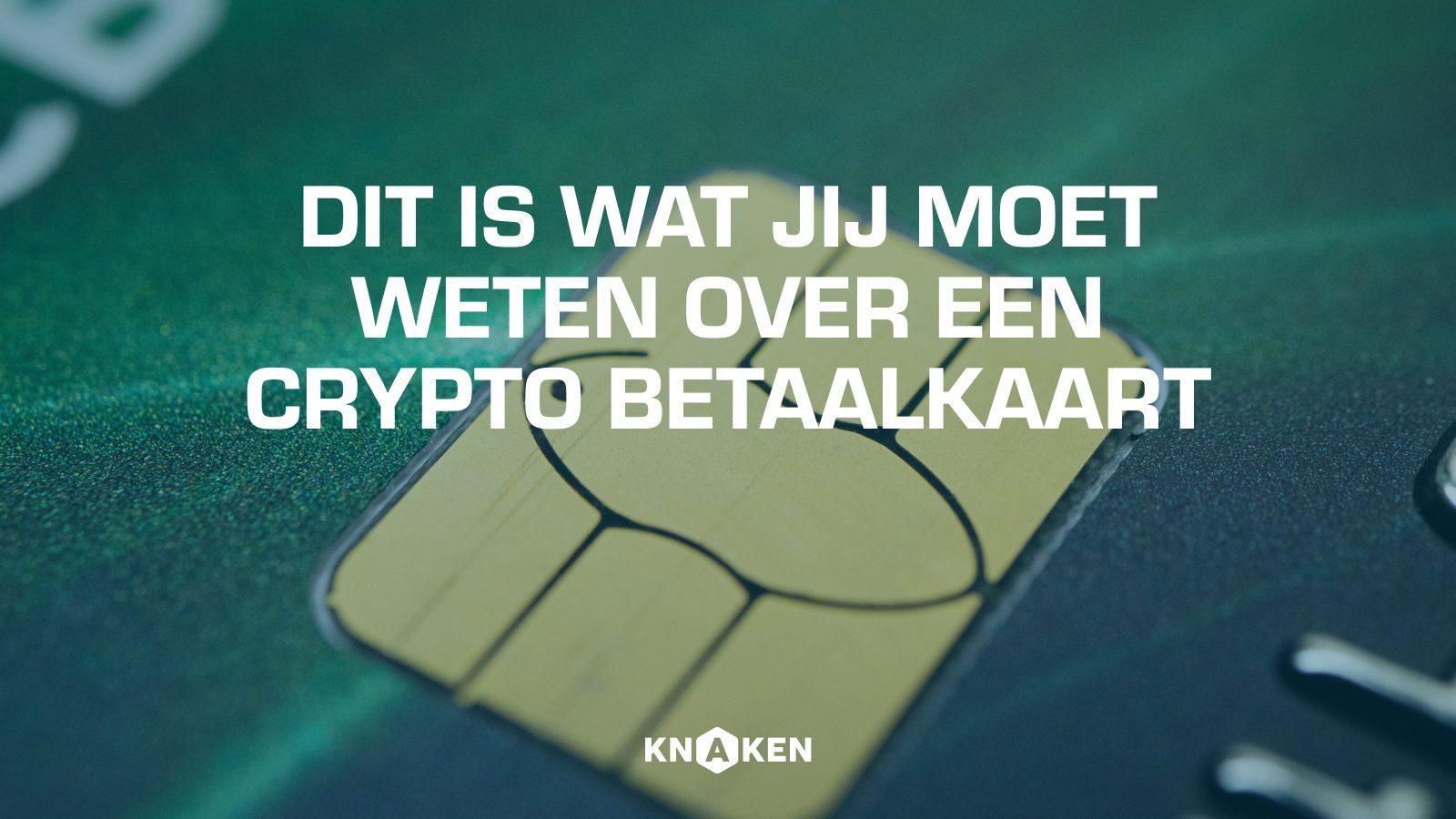

The fact that cryptocurrency is now an integral part of our lives is evident from the immense increase in popularity among people. The number of individuals owning cryptocurrency has grown significantly in recent years. Despite the many new laws and regulations surrounding this still somewhat controversial form of money, we see that we can no longer ignore it collectively. In fact, we can even pay with it in more and more places. We already knew that you could buy a Tesla with Bitcoin, but did you know that you can also pay in the traditional way at the supermarket, bakery, and butcher using your crypto payment card? The likelihood that the baker or butcher has no idea how this works is fairly high, but they won’t notice anything concerning this. We understand that a lot of questions may come to your mind, so in this article, we will explain exactly how it works.
What is a crypto payment card?
A crypto payment card is essentially just a debit card from a specific crypto platform. These platforms are connected to major payment systems, which makes it possible to make payments. These cards, like a debit card, are equipped with an NFC tag, allowing the card to communicate with other systems. This technology has been used for years, as it has been with our debit cards, but also with clothing labels, for instance. By adding stickers with NFC tags, an alarm goes off when someone leaves the store without paying. While it used to be much more difficult to pay with cryptocurrency until a few years ago, it has become considerably easier today. The retailer receives their earned money, just as they do when you pay with your bank card.
Are there costs associated with it?
The advantages of a crypto payment card are enormous. However, there are still a few important points we want to discuss with you. What we are seeing is that there are an incredible number of providers of these types of payment cards. While it is very convenient to choose the provider that offers the best rates, there is the downside that you may have no recourse if, for example, the issuer goes bankrupt. Unlike a bank, your capital is thus not insured. Another point to consider is that many cryptocurrencies need to be locked in for longer periods. This means that if there is a significant increase in value, you do not have the option to sell them. Looking at transaction fees, these are often quite substantial. Apart from the costs incurred per payment you make, there are also often annual fees for using the card.
Can anyone create such a card?
With current technology, you too can have a card made that allows your customers to make payments. However, it is the case that there are various laws and regulations associated with this. It is possible in the form of a credit or loyalty card if you have a store. For example, at DCP, you can have plastic cards made that are equipped with this NFC technology, and they can even support you in setting up a customer loyalty system. So theoretically, you can also create a card that allows your customers to make payments, but getting everything in order with regards to regulations to connect you to a payment system like Visa is not only extremely costly but also takes a lot of time.



Knaken Cryptohandel B.V. has applied for a MiCA license from the Netherlands Authority for the Financial Markets (AFM). This application is currently being assessed by the AFM.
Investing in crypto-related products involves significant risks.















